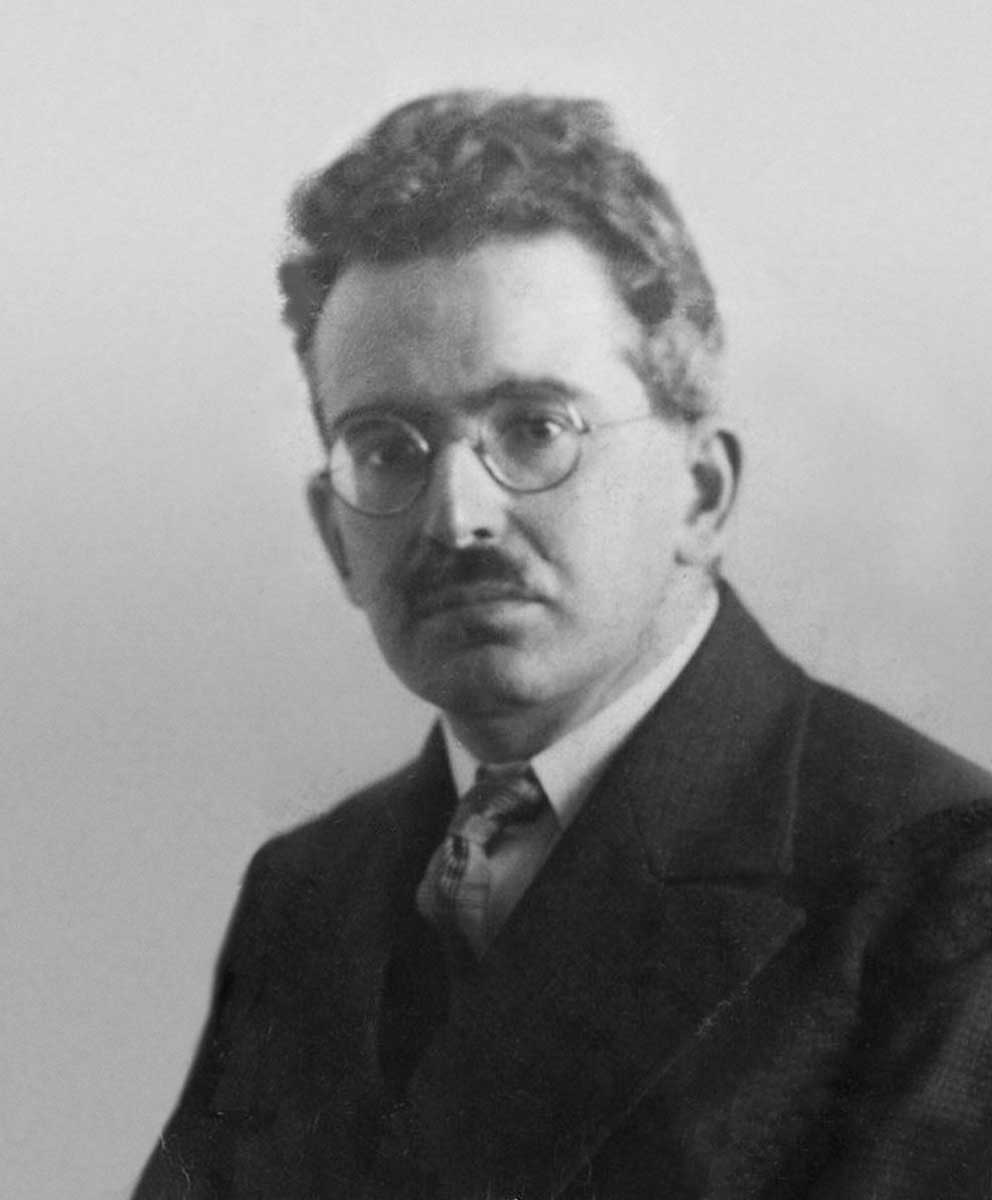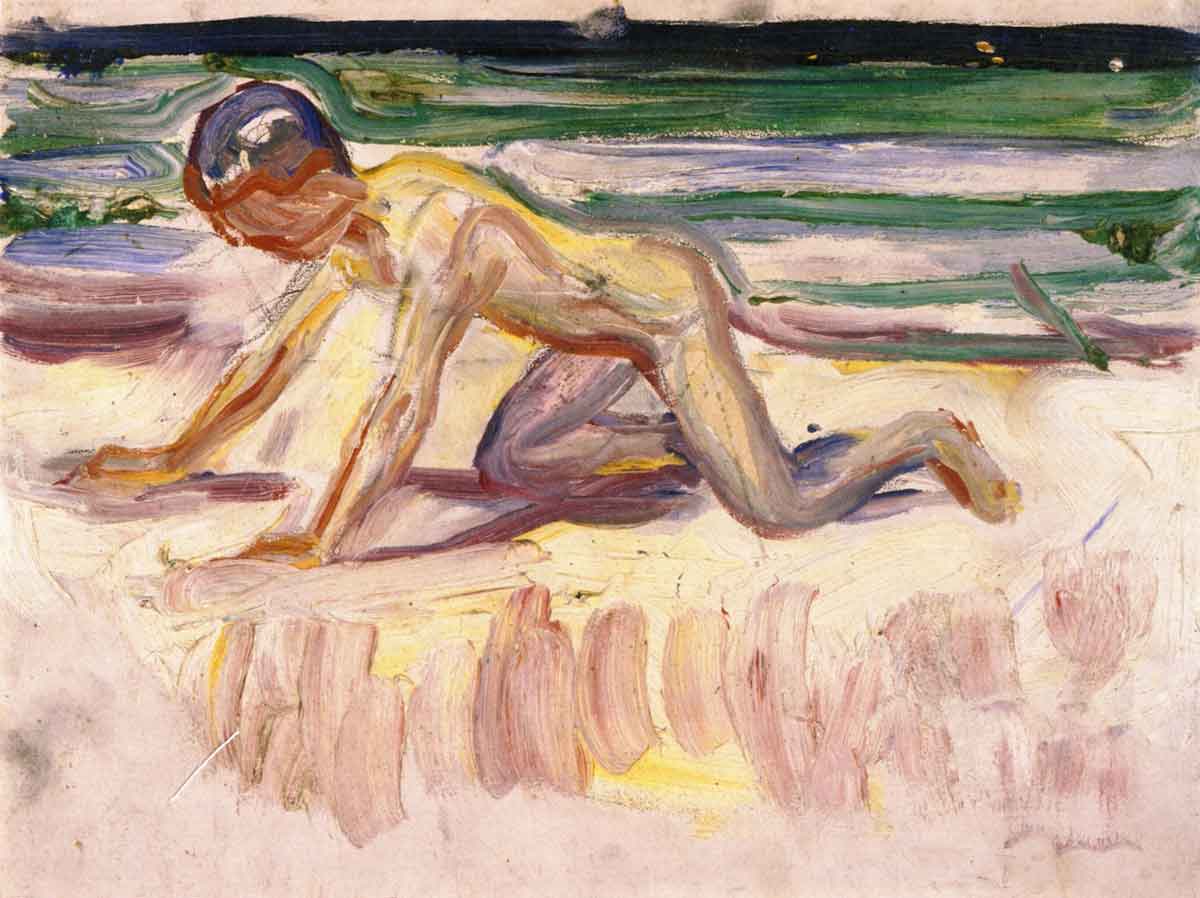
“What language do you dream in?” When you are a multilingual person, there is always somebody who asks you this question. My answer is, “I do not know, it depends. Maybe my dreams come already translated.”
Don Antonio was the physician during my childhood in Ondarroa, my hometown in the Basque Country. Antonio was a rural doctor sent far away from Valladolid, Central Spain, to a tiny Basque-speaking fishing village. Antonio was tough. During consultations, he used to ask me questions and take notes. I did not answer him. My mother translated the conversation between the doctor and the patient. She was my first translator.
“Don Antonio will think you don’t understand,” my mother barked. “Your Spanish is quite good. Why don’t you talk to him?” The reason was that his rudeness scared me, and I took shelter in my mother tongue. I have to admit that visiting the doctor was not so bad after all. On our way home, Mom used to take me to the bookshop next to the doctor’s house and treat me to a book. That was our deal, “I will go to the doctor as long as you buy me a book.”
I was a shy boy, and books were my closest friends.
I loved books, especially translated literature. Reading was like talking to friends from all over the world, opening windows to other cultures. Of course, I liked writers from my community, but there were not so many books published in Basque at that time. I had to find outside what I could not get at home. There was a tiny good bookshop in my hometown. The bookseller, a middle-aged man who introduced worldwide music and literature into our lives, was responsible for my early interest in Raymond Carver, Sylvia Plath, Italo Calvino, Anna Akhmatova, Natalia Ginzburg, Yehuda Amichai… They were all translated authors. Then I start to write, inspired by them. So, I can say that translations made me a writer.
My whole life I have been living between languages, going from one to another on the same day or even in the same conversation. We were Basque-Spanish bilingual children during school years, and now, living in New York, English is our third language. I live in New York and I create mostly in Basque. It is my mother tongue and I have developed my writing career in Basque. There is another reason too. It is the smallest language among those that I speak. I go for small things. I think writing in Basque is contributing to a culturally biodiverse planet, a multilingual one.
New York gives me a sense of shelter to write in Basque, provides me with the distance and the freedom that maybe I could not have had in my country. James Joyce wrote Ulysses in Paris. He wrote it in English in a French-speaking city. Would it have been the same book if it was written in Dublin?
I completed my last novel, Life Before Dolphins, in New York. For the first time I wrote both versions, Basque and Spanish, simultaneously. It is interesting how different each language can act. They act like fractals. Basque seems like drawing done by a butterfly wing. Spanish, on the other hand, is a chameleon’s circular and long tail Basque has the beauty of short sentences and accuracy. Spanish loves complicated sentences, its cadence lasts. Once I finished the two versions, I brought to each of them what I had learned while writing the other. Both versions, original and translation, are the master.
Nothing is lost in translation. Books flourish in translation. They reach new readers; even the quality of the original text itself improves. Translating is somehow a process of creating. It is not just an approach to finding the word, the expression in a different language. It has to capture the soul. Make the story work in a different culture.
Elizabeth Macklin translated my book of poems, Meanwhile Take My Hand, into English. She was working on an ending to the poem “River,” which says: “they could be an old woman’s hand / awaiting any other hand’s caressing.” The complicated part was that the order of the words was the opposite in Basque and English. It was impossible to translate the sentence in the same order. To me, it was essential to finish the poem with the word “zain” (awaiting), because it is the story of an aged woman who lives alone in the city. Elizabeth found the best solution, placing “caressing” at the end of the poem. Neither Spanish nor French could respect the order of the original. Just in Japanese, Nami Kaneko could place “zain” at the end of the poem. Japanese has the same order as Basque.
Nothing is lost in translation. Books flourish in translation.More recently, Megan McDowell suggested a new title for the novel she is currently translating. The original name was Izurdeen aurreko bizitza, which I literally translated as Past Life of Dolphins. She advocated instead for Life Before Dolphins. Her explanation was that in the Past Life of Dolphins, the animals are the subject, while Life Before Dolphins is more focused on the humans. I have to admit that the title sounds much better now, thanks to the translator’s wisdom. Translation improves the original.
When we moved to New York five years ago, my son was concerned because “English was occupying the room that once was Basque.” He was talking about his brain, and how he felt that he was forgetting his mother tongue. At the beginning, he translated from Basque to English. The structures of his sentences were exactly the same as they were in Basque, and if a word in English did not come to him, he would use a formula to make a Basque word sound English. Five years later, Basque words are made up from English words. Three languages flow fluently in him. There is room for three or more languages in the palace of his mind. That happens to him, and to everyone. So, let’s be open to languages.
The Cuban poet Carlos Pintado told me that he had listened carefully to the podcast that I publish weekly. It is recorded in Basque. He was surprised that he did not understand anything. He tried to decipher words as a thief tries to decode the combination of a safe moving the dial. If you manage to open the box of a new language, you will find a treasure inside.
I still don’t know the language of my dreams. But I do know that I dream of a world where languages live together, travel across borders.








